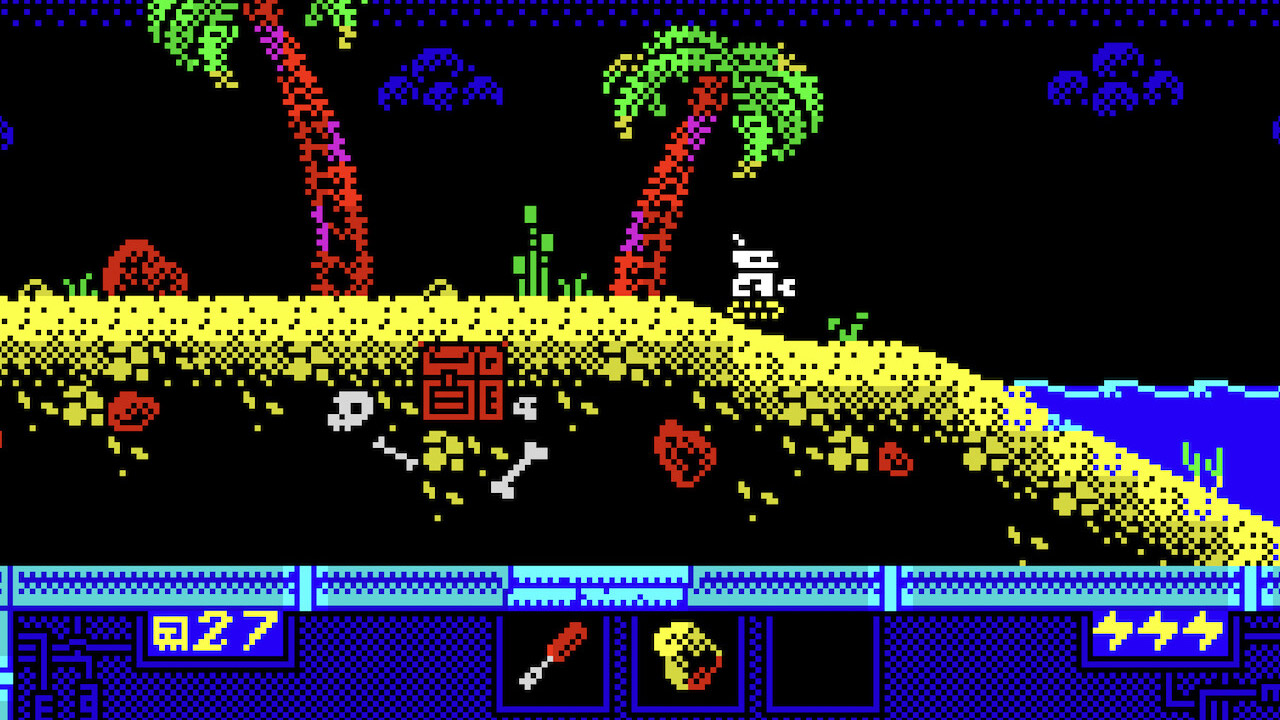As parents, we all want our teenagers to grow into responsible and independent individuals. But how can we promote responsible decision-making in them?
It’s a delicate balance of guidance and freedom. Nurturing their ability to make healthy choices while allowing them to make mistakes and learn from them is crucial.
In this fast-paced world, where temptations are abundant and peer pressure looms large, we must equip our teens with the necessary tools to navigate through life’s challenges. Join us as we dive into the realm of adolescent decision-making and explore strategies to instill responsibility in our teenagers.
Understanding The Importance Of Good Decision-Making Skills For Teens
Teenagers often find themselves grappling with the task of making healthy decisions. This struggle can be attributed to a combination of factors, including their still-developing brain and a lack of necessary skills.
Good decision-making skills are crucial for teenagers as they can lead to greater success in life and better stress management. Therefore, it is essential for parents and educators to provide the necessary guidance and support to help teens navigate the complexities of decision-making.
Teens who possess strong decision-making skills are more likely to excel academically, have healthier relationships, and make positive choices regarding their physical and mental well-being. Such skills enable them to evaluate the consequences of their actions and make choices that are in line with their long-term goals.
Ensuring that teenagers have the tools to make responsible decisions is an investment in their future success and well-being.
Parental Role In Guiding Teens To Make Responsible Decisions
Parents play a crucial role in assisting their teenagers in developing responsible decision-making skills. It is important, however, for parents to strike a delicate balance between providing guidance and allowing their teens to make mistakes and learn from them.
Overdoing parental involvement can hinder the development of independence and critical thinking in teenagers.
When faced with challenging decisions, teenagers often benefit from open and honest discussions with their parents. Encouraging teens to spell out and identify the specific problems they are facing helps them gain clarity and a deeper understanding of the situation at hand.
By actively listening and offering non-judgmental support, parents can create a safe space for their teens to express their concerns and uncertainties.
Strategies To Help Teens Identify Problems And Generate Solutions
- Encourage teens to brainstorm and identify creative solutions to their problems.
- Guide them in considering the pros and cons of each solution in order to determine the best course of action.
- Emphasize the importance of taking emotions into account while making decisions, and suggest writing down the pros and cons to help clarify their thoughts.
Teenagers often struggle to see the bigger picture and fully grasp the potential outcomes of their decisions. By providing guidance during the problem-solving process, parents can help their teens develop critical thinking skills.
It is important, however, to allow teenagers to make their own decisions without constantly intervening. This level of autonomy helps them develop a sense of responsibility and self-confidence.
Considering Emotions And Pros/Cons In Teen Decision-Making
Emotions play a significant role in decision-making, and it is crucial for teenagers to learn how to manage and consider them effectively. Encourage your teen to recognize and acknowledge their emotions while making decisions.
Writing down the pros and cons of various options allows teens to evaluate choices more objectively and logically.
By taking emotions into account and considering the potential consequences of their choices, teens can make more informed and responsible decisions. Parents can provide input and guidance but should promote autonomy by encouraging teens to think critically and make their own decisions whenever possible.
It is important to note that sometimes teenagers may face the challenge of choosing between two good options. While this can be difficult, it is also an opportunity for growth.
Encourage your teen to consider the long-term impact of each option and help them create a plan to move forward confidently after making a decision.
Encouraging Ownership And Learning From Mistakes In Teen Decisions
Helping teenagers understand the connection between their choices and the consequences that follow is essential for promoting responsible decision-making. By discussing the choice/consequence connection, parents can empower teens to take ownership of their decisions and learn from their mistakes.
Mistakes should be seen as valuable learning experiences rather than failures.
Creating a “freedom contract” with clear expectations and responsibilities can aid in promoting responsible decision-making. This contract establishes boundaries while allowing teens the freedom to make choices within those limits.
Additionally, it is important for parents and educators to teach important life skills such as money management to prepare teenagers for adulthood.
When teenagers make mistakes, it is crucial to use non-evaluative correction to help them learn and grow from their experiences. Providing support, reassurance, and guidance can help teens navigate the aftermath of poor decisions.
It is necessary for parents and educators to emphasize that mistakes are a natural part of the learning process, and that no one is expected to be perfect.
Closing Thoughts
Promoting responsible decision-making skills in teenagers is crucial for their personal growth, success, and overall well-being. By understanding the importance of good decision-making skills, parents and educators can guide teens towards making healthy choices.
Through strategies such as helping teens identify problems and generate solutions, considering emotions and pros/cons, and encouraging ownership and learning from mistakes, teenagers can develop into thoughtful decision-makers ready to navigate the complexities of adulthood.



